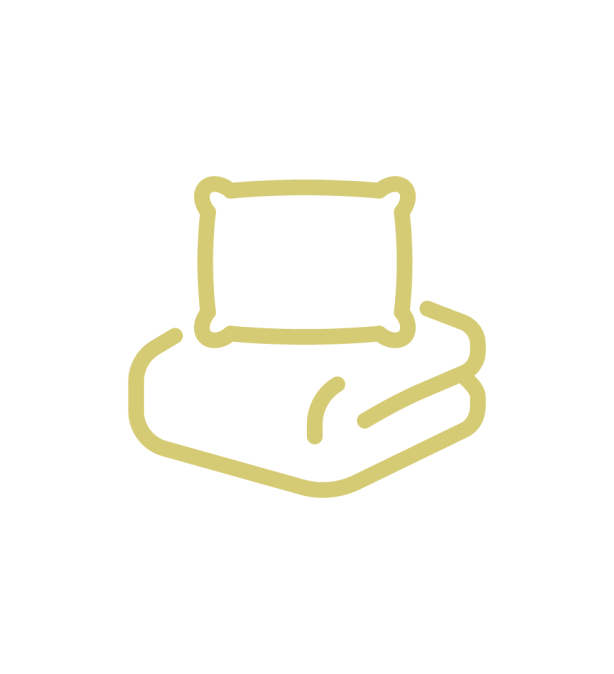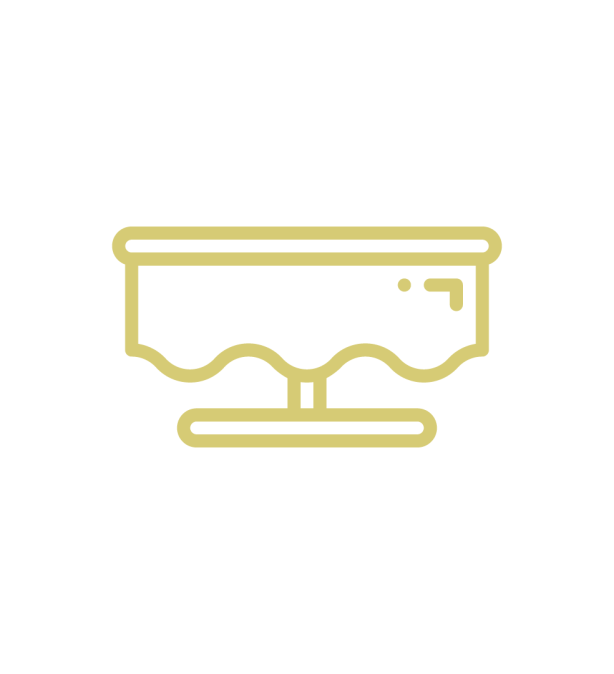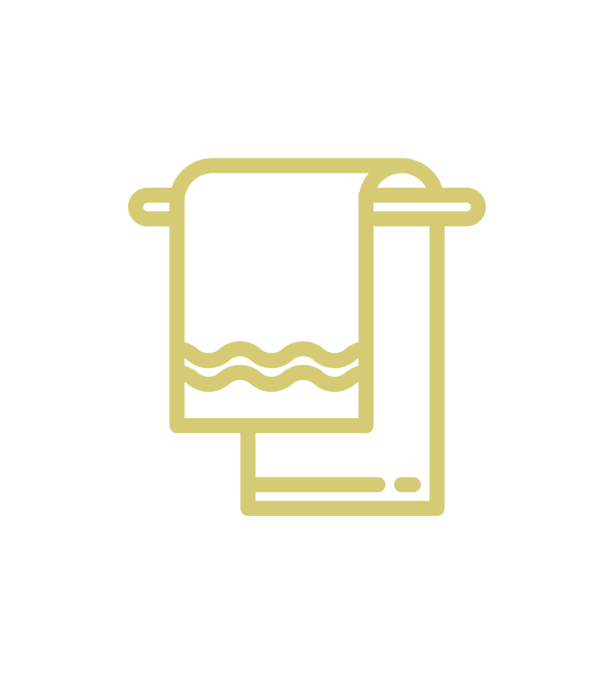Checking out Career Paths for Community Science Majors: Traditional and Emerging Opportunities
Political scientific disciplines has long been viewed as a versatile arena that can lead to numerous occupation pathways in public service, laws, education, and international relations. While the foundational career possibilities remain available, the landscape is changing as fresh global challenges emerge as well as technology transforms the employees. Political science majors are now equipped with a unique skill set that enables them to pursue both classic roles in government as well as emerging positions in files analysis, policy consulting, and also technology sectors. Understanding the range of opportunities can help governmental science graduates strategically situation themselves in an ever-evolving employment market and maximize the impact of the careers.
At the core of politics science is a deep comprehension of governance, public policy, and the complex relationship between governmental institutions and societal difficulties. Many students enter this field with aspirations connected with influencing public policy, improving upon social systems, or selling justice on a structural level. Traditional career paths, for example those in government roles, public administration, and legislative support click here for more info, remain strong options for political science graduates. These kinds of roles allow individuals to immediately contribute to the creation and guidelines of laws and packages, often giving them an influential chair within the decision-making process. Governmental science majors can work in local, state, or regime, taking on roles as policy analysts, legislative assistants, or even public affairs specialists. These positions demand strong analysis skills, critical thinking, plus the ability to clearly communicate elaborate information-all skills that a governmental science education provides.
The field of law is another typical trajectory for political scientific research graduates, given the all-natural connection between legal experiments and political institutions. Several political science students carry on to law school, employing their undergraduate knowledge as a basic foundation to build upon in the legal profession. They often find that their very own background in political concept, constitutional studies, and moral debates helps them exceed in law school and later as attorneys, judges, or perhaps legal analysts. These roles allow political science participants to engage directly with the 100 % legal system, providing opportunities to recommend for social justice, defend civil rights, and contribute to the fair application of the law.
For those inclined towards international extramarital relationships, political science offers walkways into diplomacy, international development, and global organizations. A lot of political science majors create an interest in international interaction and may seek careers having international NGOs, governmental agencies, or intergovernmental bodies like the United Nations. These roles typically involve policy development, course management, and diplomatic technique, with an overarching aim to instill global cooperation and street address issues that cross national edges, such as climate change, human rights, and economic progress. Political science graduates who all work in international interaction must be adaptable and socially competent, as they navigate elaborate political landscapes and talk effectively with diverse people.
As technology continues to influence political processes and the character of public communication, a whole new frontier of career chances is emerging for political science majors. Data study and digital strategy became essential components of modern community campaigns, policy-making, and open opinion analysis. Political technology graduates with an affinity with regard to data can pursue roles as political data pros, digital campaign strategists, or maybe social media coordinators. These professionals do the job to analyze public sentiment, anticipate voter behavior, and appearance digital content strategies that resonate with target followers. By leveraging skills within quantitative analysis, social media, as well as digital communication, political scientific research graduates can shape narratives and influence public perception on a mass scale. Along with additional training in data scientific disciplines or digital marketing, community science majors can find satisfying careers in areas this previously might not have been regarded as within their reach.
Political consulting has also gained prominence as an attractive career option with regard to political science graduates. Political consultants advise politicians, political organizations, and interest groupings on public relations, campaign strategy, as well as legislative advocacy. They often function closely with clients to develop messaging, analyze public judgment, and create communication strategies to gather public support. Consulting jobs allow political science majors to use their understanding of political dynamics and public policy to influence key judgements without necessarily holding the state run government position. Given the particular competitive nature of this industry, a background in political science, combined with experience inside communications or public relations, can offer a significant advantage.
In addition to these kind of traditional and emerging functions, academia remains a viable career path for political science dominant interested in teaching, research, in addition to contributing to scholarly discourse. As the academic job market can be complicated, many find fulfilling tasks as professors, lecturers, or perhaps researchers in universities as well as think tanks. In these positions, political science graduates may pursue in-depth research, give rise to policy debates, and influence the next generation of political thinkers. Academic roles also offer an opportunity to specialize in areas such as political theory, comparative politics, or perhaps international relations, allowing for a deeper engagement with the conditions that political science majors are passionate about.
As society gets to be more interconnected and globalized, the skills that political research graduates bring to the table are progressively more valuable across a variety of companies. Corporate social responsibility (CSR) and environmental, social, and governance (ESG) roles are getting to be popular options for political science majors in the business sector. Global businesses are prioritizing social impact and also ethical governance as important components of their business strategies, and political science participants are well-suited to guide these kind of efforts. With knowledge of company frameworks, public policy, as well as ethical considerations, political science majors can play a key role in shaping management and business policies that align using social and environmental goals. These roles, often within multinational corporations, financial institutions, and also consulting firms, allow political science graduates to take advantage of their skills in a way that stimulates both corporate accountability in addition to social responsibility.
Another strong field for political scientific disciplines graduates is non-profit administration and advocacy work. non-profits require a unique combination of expertise that political science originel typically possess: policy research, advocacy, and community involvement. Graduates who are passionate about particular causes, whether environmental safety, education reform, or interpersonal equity, can find rewarding professions working with nonprofit organizations. These types of roles involve program progress, community outreach, and policy advocacy, often requiring a hands-on approach to effecting modify at the grassroots level. Doing work in the nonprofit sector will allow political science majors to help straighten their careers with their principles, creating a tangible impact within the areas they care almost all about.
Given the different range of skills that politics science majors acquire-critical considering, analytical reasoning, research proficiency, and effective communication-their job opportunities are far-reaching. These participants can pursue meaningful occupations in public and private sectors, within traditional fields like federal government and law, or in emerging areas like records analysis, digital strategy, and corporate social responsibility. Political technology provides a versatile foundation that will empowers graduates to adapt to shifting career landscapes, go after their interests, and help with society in meaningful means. As technology and world-wide issues continue to reshape sectors, political science majors is likely to find even more opportunities to use their knowledge in ways this support the common good. Their very own ability to navigate complex politics systems, understand diverse perspectives, and advocate for impactful policies ensures that political science majors will remain valuable members in a rapidly evolving globe.
















